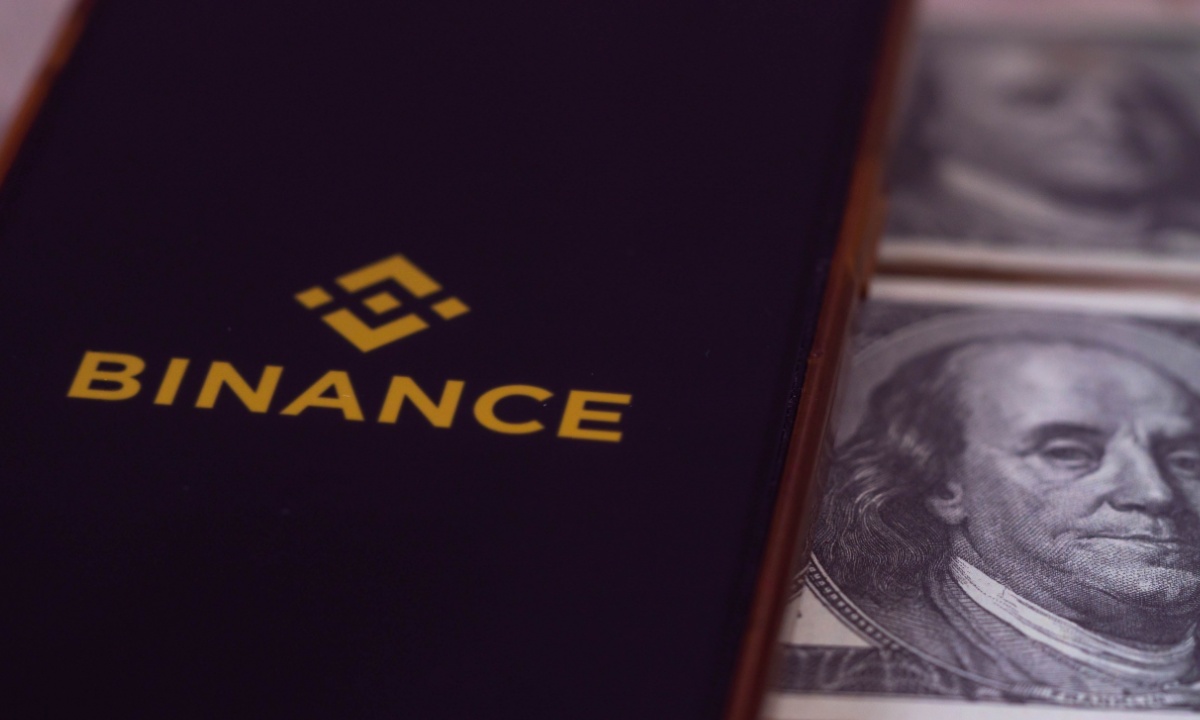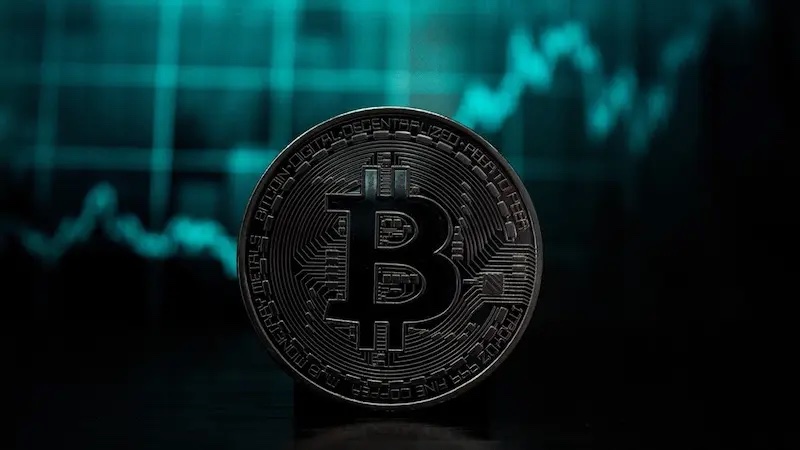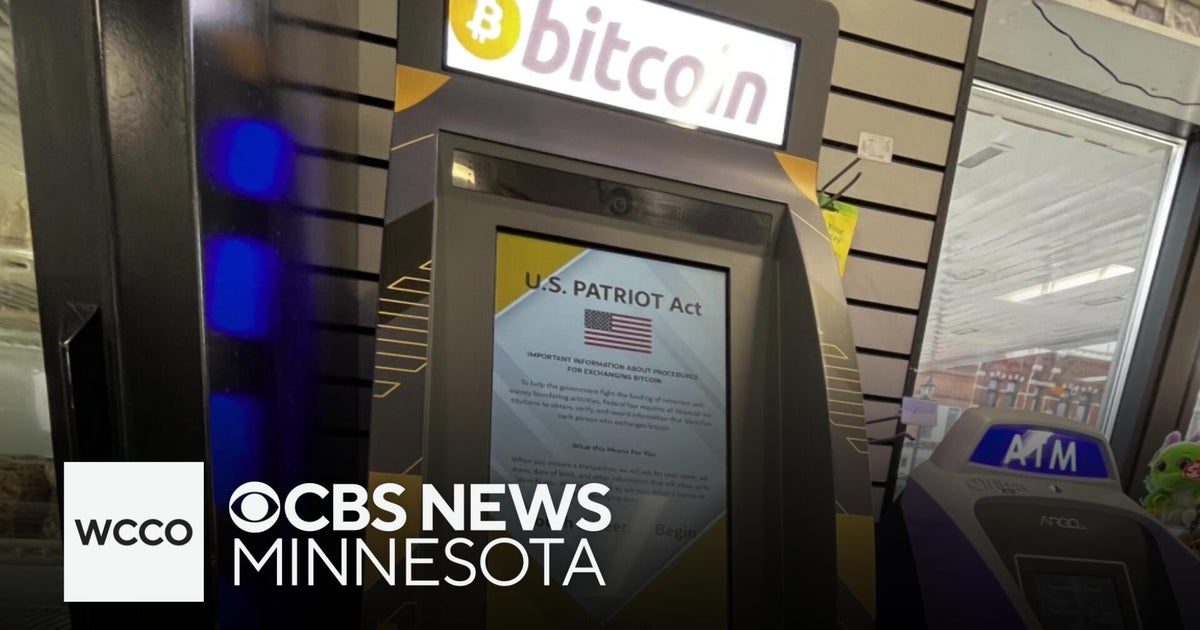Digital Gold Rush: St Kitts Opens Citizenship Gates to Crypto Investors

In a groundbreaking move, St Kitts and Nevis has aligned itself with Hong Kong's progressive approach to digital assets, officially recognizing cryptocurrencies and blockchain-based investments as legitimate forms of wealth. The Caribbean nation's latest financial policy signals a significant shift towards embracing digital financial technologies while maintaining robust regulatory safeguards.
Unlike previous blanket acceptance approaches, St Kitts has implemented a comprehensive verification framework that requires potential investors to undergo stringent due diligence protocols. Investors seeking to leverage digital assets for citizenship or investment purposes must now submit detailed documentation and pay additional verification fees to ensure transparency and mitigate potential financial risks.
This strategic decision positions St Kitts as a forward-thinking jurisdiction in the global digital asset landscape, balancing innovation with prudent financial oversight. By establishing clear guidelines and verification mechanisms, the country aims to attract legitimate digital asset investors while protecting its financial ecosystem from potential fraudulent activities.
The new policy reflects a growing trend among progressive nations to integrate digital assets into mainstream financial systems, recognizing their increasing importance in the global economic framework. Investors and financial experts are closely watching St Kitts' approach as a potential model for other emerging markets seeking to navigate the complex world of digital wealth management.







